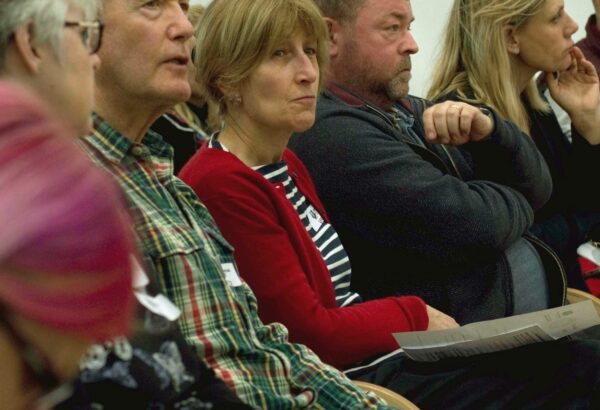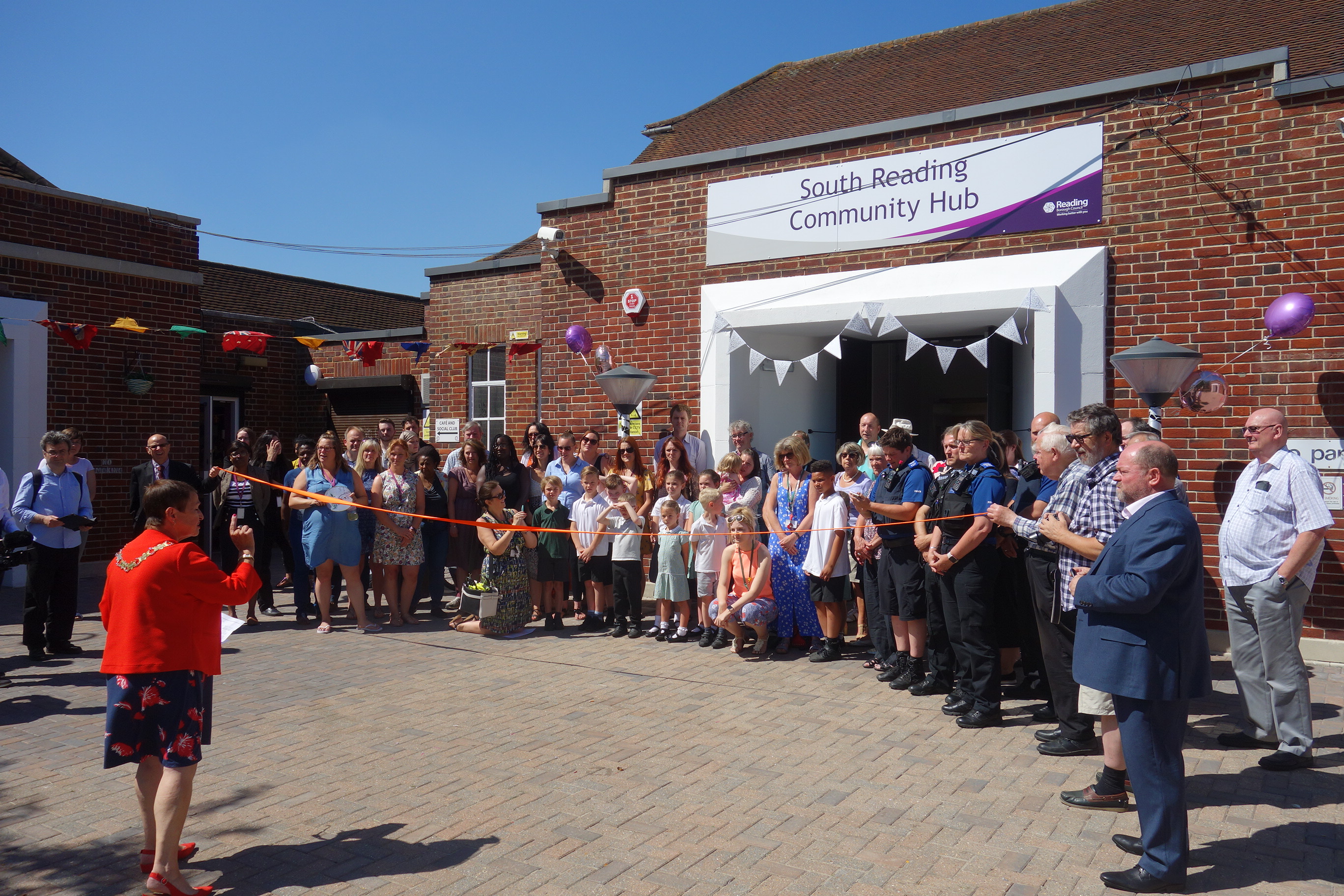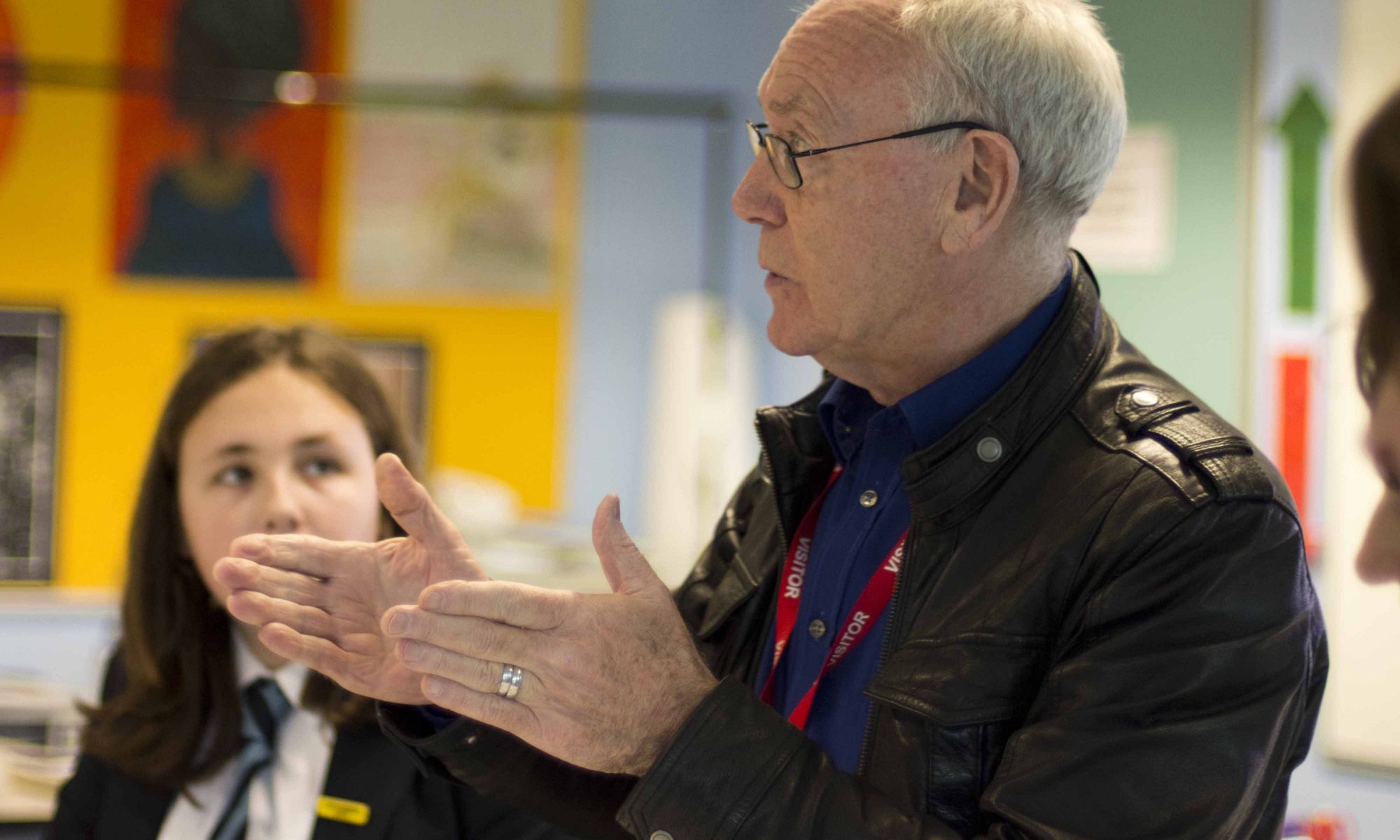Our work began with the community of Whitley, South Reading. A community variously described with words such as ‘working-class,’ ‘disadvantaged’ or ‘deprived.’ Communities like Whitley tend to be described in the language of ‘deficiency’ with a focus on the attributes it lacks, and this is often interpreted as a catalogue of weaknesses within the resident population. The stigma arising from this kind of approach can act as a real drag on the way people feel about themselves and about their future.
What we did
The aim of our research in Whitley was to engage with and build upon the community’s assets. It brought about partnerships with community groups and focused on Whitley’s people by working together in a friendly and inclusive way where everyone’s work was equally valued. This approach encouraged the whole collective to speak up and grapple with real issues, rather than getting superficial responses to the wrong questions.



The team
Dr Sally Lloyd Evans and her team equipped local residents with participatory research methods, and strengthened their networks with local service providers. Local residents used their personal connections to access the opinions and experiences of a much wider cross-section of the community. This collaborative work gave a voice to the local community, put ownership into local hands, and built channels of communication through which all parties can engage with change.

Then, in 2014, Sally was approached by the late John Ord, the Whitley Big Local Representative, and Whitley Community Development Association (WCDA) to facilitate a community-led research project to tackle social exclusion and mobility in Whitley. One of the project’s aims was to understand the travel needs in Whitley and identify transport barriers that could be addressed. The project was part of the Whitley Big Local initiative, funded by the National Lottery’s £1 million grant to 150 disadvantaged communities in the UK, empowering them to help themselves and build close community ties.
The output from this initial research project led to immediate change for the community, with the local transport authorities working to change the bus routes through Whitley, allowing residents better access to schools, work and the hospital. Moreover, the researchers gained new skills and the partnerships continued to develop. It became noticeable that the collaborations with various organisations connected with and fed each other.
This project marked the genesis of the community research network, the Whitley Researchers. The researchers worked part-time hours to suit their lives, and were paid the Reading living wage. The Whitley Researchers became part of WCDA, and partnered with the University of Reading.
The Whitley Researchers went on to work with different community groups to research topics such as:
- financial exclusion
- diet
- barriers to employment
- impacts of leisure activities on wellbeing
- youth aspiration and attainment
- life under lockdown
